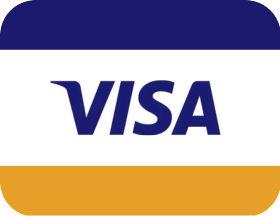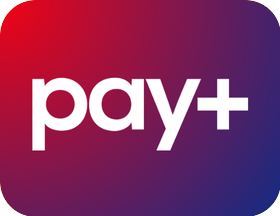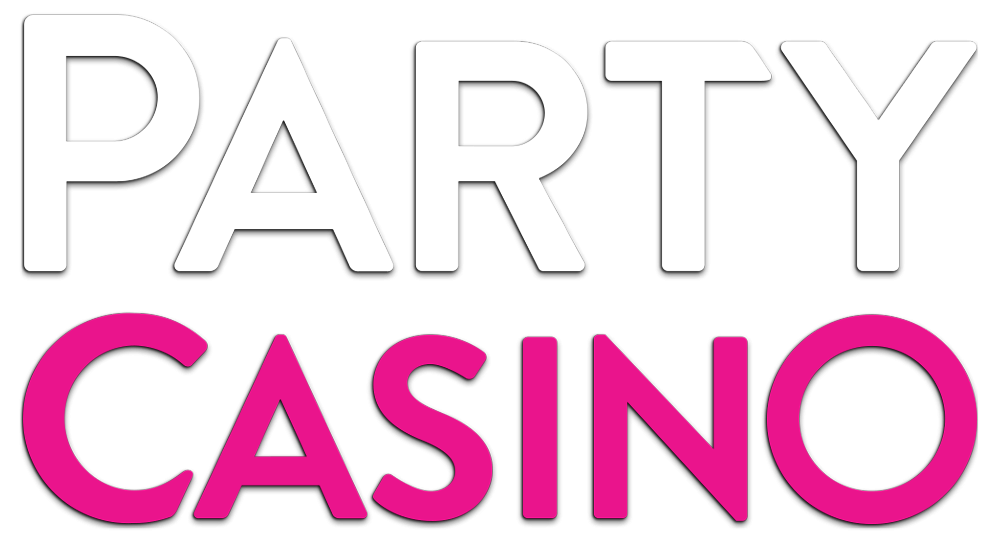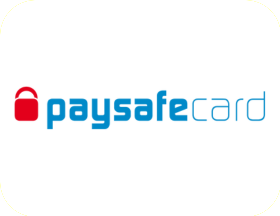The United States has a complicated mix of state-level laws and federal oversight governing online casinos. States now have the authority to create their gambling regulations after the Professional and Amateur Sports Protection Act (PASPA) was repealed in 2018.
This includes the increasing legalization of online casino gaming in a few states. Operators, affiliates, and players need to comprehend compliance regulations.
The main regulatory agencies, licensing procedures, responsible gaming standards, and state-specific details that influence the legal gambling landscape in the US are highlighted in this article’s general review of the compliance frameworks that oversee online casinos in the US.
Compliant US Casino Online 2025
Federal vs. State Jurisdiction
The separation of powers between the federal and state governments is one of the key features of US online casino regulation.
Federal Oversight
There isn’t a federal law that expressly permits or forbids playing at internet casinos. Rather, states must function within a broad framework provided by federal statutes. Important federal legislation that has an impact on internet gambling includes:
- The Wire Act 1961: The Wire Act, which forbade the use of wire connections for interstate gambling, was first intended to combat organized crime. Over the years, its meaning has changed. Recent Department of Justice rulings have mostly addressed sports betting, mostly ignoring state-run internet gambling sites if they remain within state lines.
- Unlawful Internet Gambling Enforcement Act (UIGEA): This las was passed in 2006. While this law does not outright forbid online gambling, it does prohibit financial institutions from handling transactions involving illegal online gambling. It has affected the way that legal markets handle payment processing.
State Authority
States have the actual authority to authorize, control, and monitor online casinos. Every state has the power to:
- Specify the types of gambling that are allowed.
- Specify the conditions for a license.
- Implement compliance guidelines and sanctions.
- Establish regulatory agencies to keep an eye on operations.
Only a few states have completely allowed and regulated internet casino gaming yet, including Delaware, Connecticut, West Virginia, New Jersey, Pennsylvania, and Michigan. Each has its framework, as well as particular criteria for compliance and licensing.
Licensing Requirements for Operators
In the United States, obtaining a license to run an online casino is a difficult and state-specific procedure. In states where gambling is permitted, operators are required to collaborate with a land-based casino or other gaming organization that has a current state gaming license. Typically, important elements of the licensing procedure consist of:
- Background Investigations: The operator’s ownership, investors, and senior executives are all subject to thorough background investigations by regulators. This includes criminal record checks, financial audits, and an examination of prior company transactions.
- Technical Requirements: To guarantee honesty and fairness, all platforms must go through independent testing. Online casino games are powered by Random Number Generator (RNG) technology. These tests are frequently carried out by certified labs such as eCOGRA or GLI (Gaming Laboratories International)
- Financial Stability: Operators must exhibit sufficient financial stability and resources. To cover player balances and operational obligations, states may mandate the posting of a sizable bond or reserve funds.
- Policies for Responsible Gaming: To encourage responsible gambling, operators must incorporate resources and protections. This covers time-outs, deposit caps, self-exclusion policies, and unambiguous access to addiction treatment.
- Partner Requirements: The only way to obtain a license in many jurisdictions is to form a partnership with an already-licensed land-based operator. These collaborations help guarantee local accountability by connecting the internet brand to a real location.
Affiliate and Supplier Compliance
At the operator level, compliance doesn’t end there. In jurisdictions with regulations, affiliates and third-party suppliers, such as game developers, payment processors, and marketing agencies, must also follow certain guidelines.
- Affiliate Registration and Licensing: Affiliates must register or even receive vendor licenses in some states, such as New Jersey and Michigan, particularly if they use a cost-per-acquisition (CPA) or revenue-share model. Both the affiliate and the operator may face fines or blacklisting if they don’t comply.
- Approval of Suppliers: Payment service providers and game creators frequently need to have licenses as authorized suppliers. To guarantee the honesty and dependability of their services, they go through comparable due diligence procedures.
Player Protection and Security
Complying with government regulations is only one aspect of online casino compliance in the United States; another is safeguarding customers. All authorized operators are required to uphold strict guidelines for responsible gambling, game fairness, and cybersecurity.
- Geolocation Technology: Operators are required to confirm that players are physically present in a state that allows gaming. Sophisticated geolocation technology is used to do this, determining the user’s position and preventing access if they are outside of state borders.
- Verification of Identity (KYC): Players must submit documentation of their identity, age, and place of residence as part of obligatory Know Your Customer (KYC) procedures. This lessens the likelihood of fraud, money laundering, and underage gambling.
- Safe Payment Options: Online casinos with licenses must provide safe, regulated financial choices. These include bank transfers, e-wallets, credit/debit cards, and even prepaid cards. Every transaction needs to adhere to anti-money laundering (AML) regulations and be encrypted.
- Resolution of Conflicts: Operators must provide clear dispute resolution procedures, according to state law. When there are problems with a licensed casino, players can usually use the complaint procedure that regulators offer.
Responsible Gambling Compliance
Strict responsible gambling laws are enforced in every state where online casino gaming is authorized. These specifications are enshrined in legislation and upheld by regulatory supervision.
- Programs for Self-Exclusion: Gamers must be able to choose to unsubscribe from all state-legal gaming sites. Users who are placed on a self-exclusion list are not permitted to open new accounts or make deposits until the end of the exclusion term.
- Account Limits: Operators must let players place restrictions on their time, money, bets, and losses. These resources assist users in keeping their gambling habits under control.
- Educational Resources: All websites that have been granted licenses must provide easily understandable information about problem gambling as well as connections to resources like the National Council on Problem Gambling (NCPG).
State-Specific Differences
Each jurisdiction applies the fundamental compliance principles differently, even though they are identical across states. Here are several examples:
- New Jersey: The Division of Gaming Enforcement (DGE) in New Jersey is renowned for its thorough licensing procedure and strict regulation. Affiliates and game developers must also be licensed or registered.
- Pennsylvania: All internet gaming is subject to regulation by the Pennsylvania Gaming Control Board (PGCB), which also charges operators high license costs. Additionally, suppliers must register.
- Michigan: Online casinos are governed by the Michigan Gambling Control Board (MGCB), which also places a high priority on responsible gambling. It also makes it possible for tribal casinos to provide online platforms.
- West Virginia: Unlike New Jersey or Pennsylvania, the West Virginia Lottery Commission regulates internet gaming, has fewer providers, and has a more straightforward licensing process.
- Delaware: Using a centralized platform run in collaboration with 888 Holdings, the Delaware Lottery oversees all online casino operations. Operations and licensing are strictly regulated.
- Connecticut: In collaboration with the state, two tribal operators are the only ones offering online casino services in Connecticut.
Compliance Challenges and the Future
Online casinos are becoming more and more popular, yet there are still issues with compliance.
- Cross-State Expansion: To start in more than one state, operators must get different licenses and modify their platforms to comply with local regulations. Multi-state compliance is a challenging task because there is presently no federal law for the legalization of internet casinos nationwide.
- Advertising and Marketing Compliance: States keep a careful eye on advertising to make sure it doesn’t deceive customers or target minors. Affiliates are also required to follow stringent content and transparency policies.
- New Payment Methods and Cryptocurrency: Although some users are interested in using cryptocurrencies for online gaming, currently, no regulated state permits it. Crypto is seen by regulators as hard to monitor and incompatible with the AML regulations in place.
- Federal Clarity: How interstate gaming and payment processing are managed may change because of future legal interpretations of the Wire Act and prospective federal regulations. Stakeholders in the industry are nonetheless pushing for more precise federal direction.
Conclusion
The procedure of complying with U.S. online casinos is state-by-state and is based on strict licensing requirements, federal law, and consumer protection standards. Operators must negotiate a disjointed environment where fulfilling the strict regulations of every single jurisdiction is essential to success. It is crucial for players, suppliers, and affiliates to remain aware of these regulations.
The need for open, accountable, and completely compliant online gaming ecosystems will only increase as more states legalize gambling and the sector develops. The first step to playing in a secure and authorized online gaming environment in the US is to comprehend the overall compliance framework.































